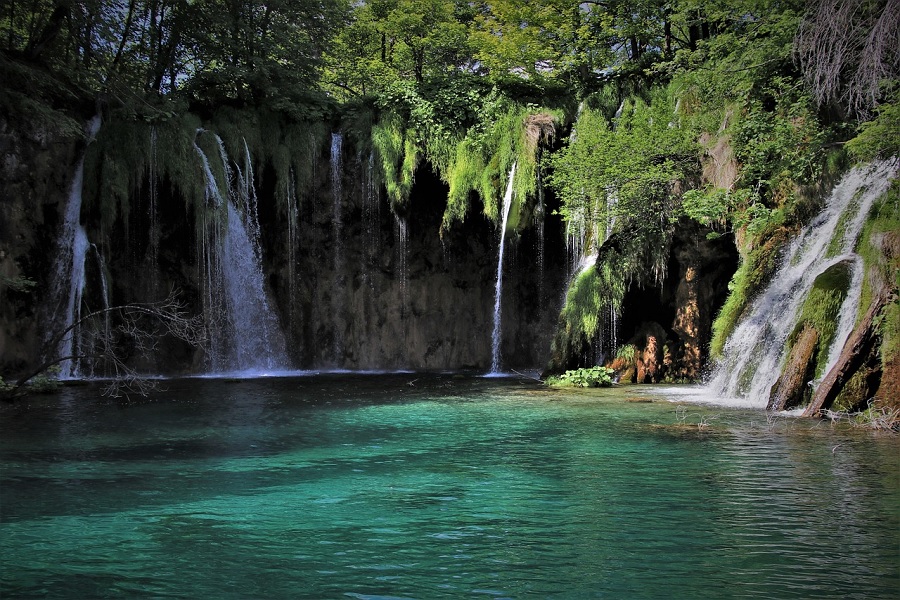Traveling Responsibly for a Greener Future

Ecotourism is an increasingly popular form of tourism that emphasizes environmental conservation, sustainability, and the responsible exploration of nature. It allows travelers to experience some of the world’s most beautiful and pristine environments while contributing to their protection.
1. What is Ecotourism?
Ecotourism is a responsible travel approach that prioritizes sustainability and conservation while benefiting local communities. It aims to minimize the environmental impact of tourism and provides travelers with the opportunity to connect with nature, wildlife, and ecosystems. By supporting ecotourism, travelers can help preserve endangered habitats, promote conservation efforts, and support local economies.
2. Key Principles of Ecotourism
- Conservation: Ecotourism seeks to preserve natural environments and biodiversity, ensuring that tourism activities do not harm the ecosystems.
- Sustainability: Ecotourism promotes the use of renewable resources, reduces waste, and advocates for minimal environmental impact.
- Cultural Sensitivity: It encourages respect for the local culture and way of life, ensuring that tourism benefits local communities without exploiting them.
- Education: Ecotourism often involves educating travelers about the environment and sustainability practices to inspire responsible behavior and environmental stewardship.
3. Top Ecotourism Destinations
Ecotourism is all about experiencing nature in its most untouched form. Here are some top ecotourism destinations around the world:
- Costa Rica: With its rainforests, volcanoes, and biodiversity, Costa Rica offers numerous eco-lodges and sustainable tourism experiences.
- New Zealand: Known for its pristine landscapes, New Zealand is home to eco-conscious lodges, nature reserves, and sustainable wildlife tours.
- Borneo, Malaysia: Borneo’s rainforests, coral reefs, and wildlife conservation efforts make it a popular destination for ecotourism.
- Kenya: Safari tours in Kenya offer eco-friendly options for observing wildlife while supporting conservation efforts.
- Galápagos Islands, Ecuador: The Galápagos Islands are a UNESCO World Heritage site and an exemplary ecotourism destination focused on preserving unique species and ecosystems.
4. Ecotourism Activities
- Wildlife Watching: Ecotour
























